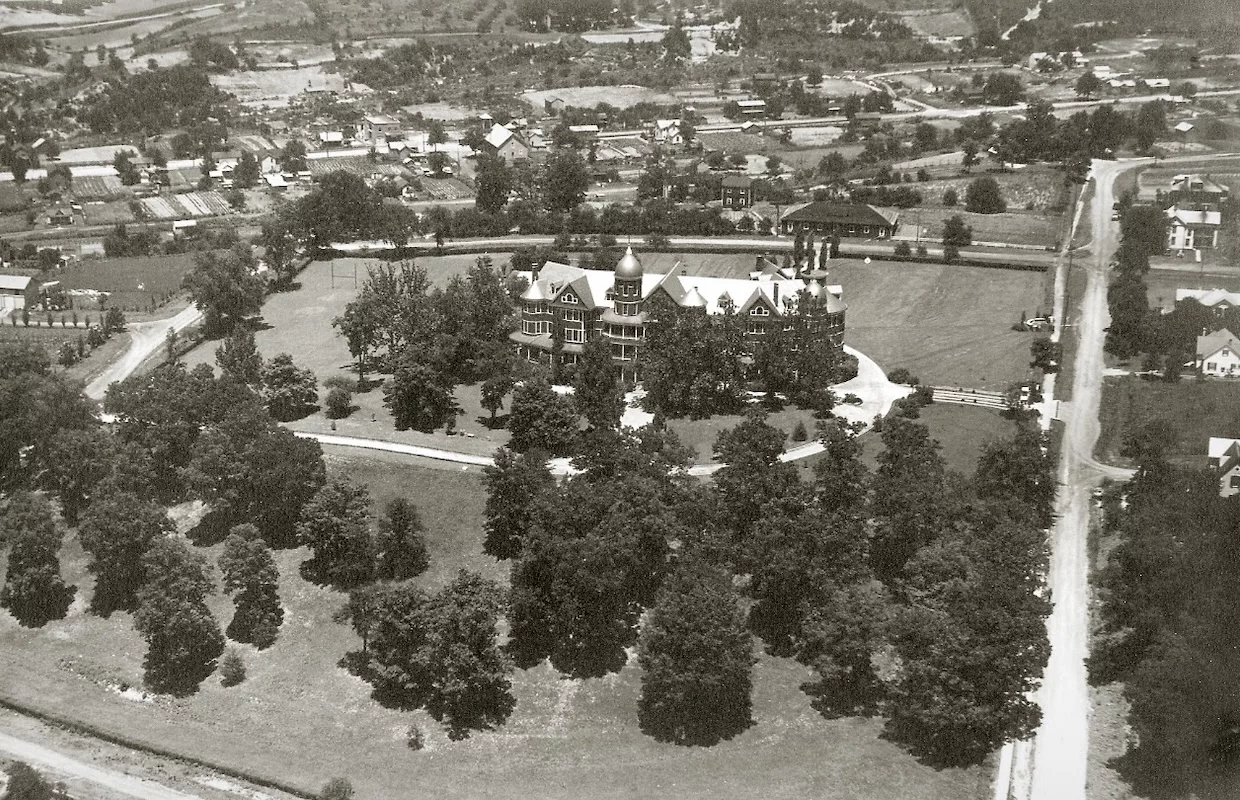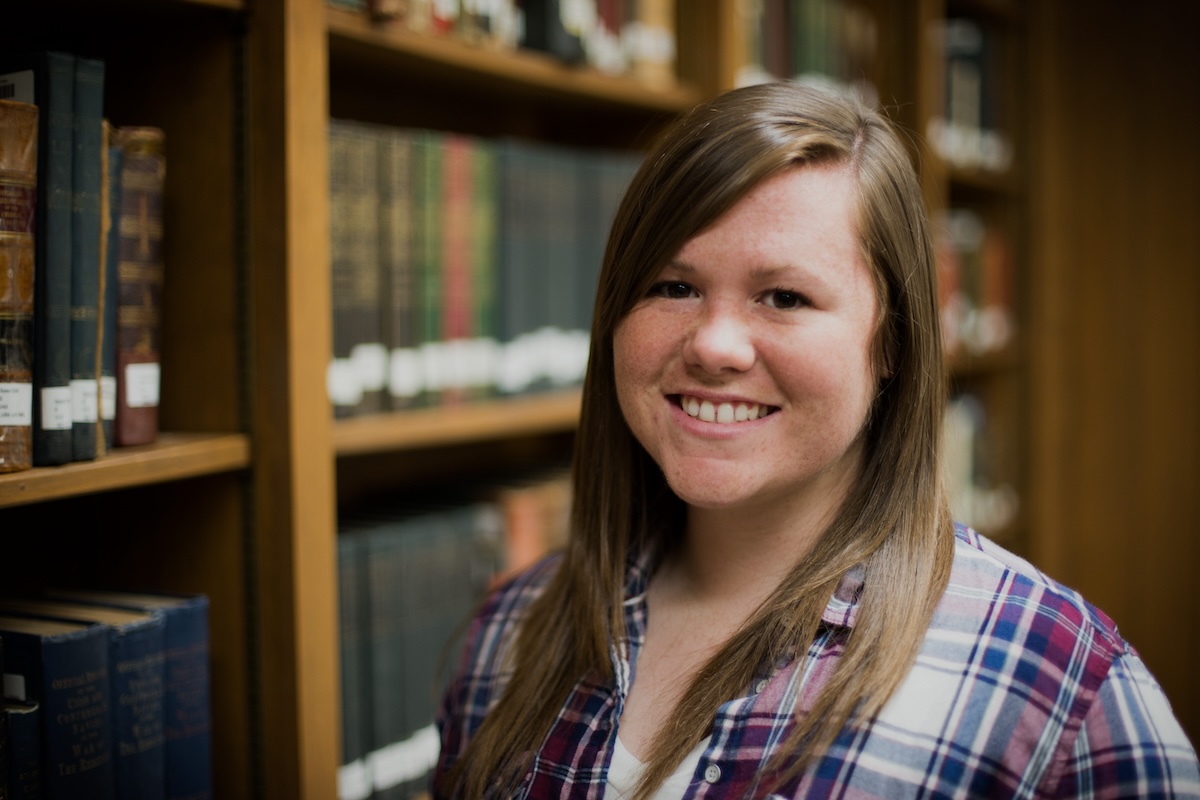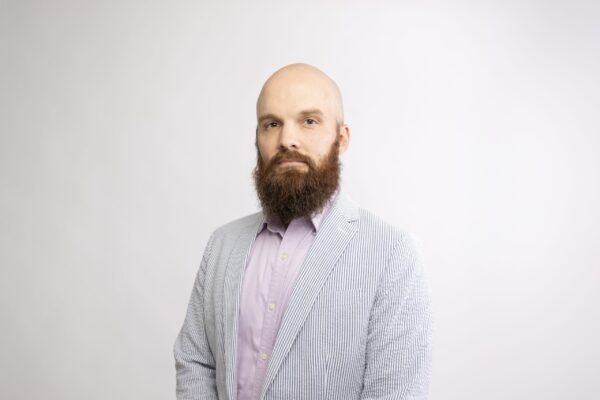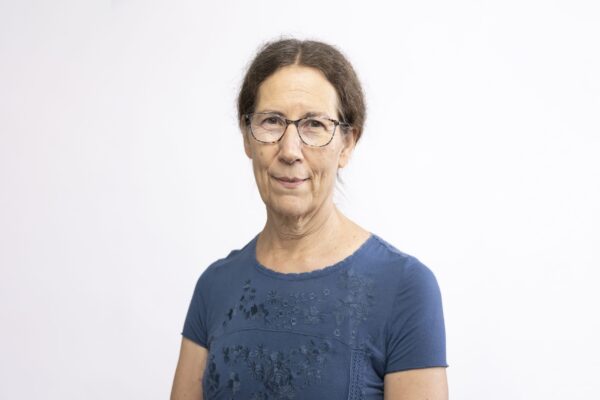Major & Minor
History
The analytical exploration of the past and the articulation of well-reasoned and researched arguments, the study of history illuminates our nuanced and ever-changing relationship with what has come before and what comes next, developing the skills to understand the past in order to meaningfully impact the present and future.

About the History Major
At Southern Virginia University, students in the history major learn how to conduct historical inquiry and to distinguish between historical evidence, reasoned argument, opinion, and speculation. Deepening their knowledge of the past and its relevance for the present, students hone their skills in analyzing historical changes and continuities, creating and pursuing relevant research questions, and conducting thorough research and creating well-reasoned arguments. This allows students to analyze professional historiography and how their inquiry fits within scholarly conversation and communicate their research effectively and convincingly to a broad audience.
With many prominent historical sites and museums less than a day away, Southern Virginia students are able to study, explore, and immerse themselves in what they study, and small class sizes allow professors to focus on individuals and their interests. History majors have opportunities to attend history conferences, present their work, and compete in state-wide conferences, where many Southern Virginia University students have won awards. With this background, history majors at Southern Virginia are well prepared to succeed in graduate school and their future lives and careers to create positive change as thoughtful and empathetic members of the global community.

Learning Outcomes
What you’ll learn in the History major:
- Demonstrate familiarity with, and understanding of, human experience changing over time in a variety of places and eras.
- Gain the ability to think in historical context and understand the causes and consequences of historical events in terms of the motivations (agency, resources, ideology, needs, etc.) experienced by historical actors.
- Understand and appreciate how and why historians’ interpretations and approaches to the past have changed over time.
- Understand the proper use of primary and secondary materials in constructing arguments and in arriving to sound conclusions.
- Know how to develop a research topic, find and use evidence to generate a well-reasoned historical argument, and present their findings in lucid prose.
Career Opportunities
There is a wide array of potential careers with a history degree, including jobs in museums, law, writing, education, and more depending on your personal and professional goals. Learn where a career in history can take you.
- Historian
- Librarian
- Archivist
- Lawyer
- Politician
- Museum Curator
Getting Started in the History Major
Follow these simple steps below to get a head start in the
History Major today.
Enroll
Begin by taking Western Civilization I (HIS 210) or Western Civilization II (HIS 215) in your first year
Contact Your Advisor
Get in touch with New Tab, Opens Bio of: Professor Lora Knight to discuss your interests and goals
Declare
Turn in a completed PDFDeclare Major Form to the Registrar’s Office
Questions? Contact the Registrar at emailregistrar@svu.edu.

In the News
Southern Virginia Senior Wins First-Place Prize at History Conference
Matthew Zalar, a senior at Southern Virginia University from Charlottesville, Virginia, received the award for Most Outstanding Modern United States History Paper presented at the regional conference of Phi Alpha Theta, the history honor society.
links to news articleRead More
Alumni Success
Rex Winslow (’16)
History major Rex Winslow took first place at a regional conference of Phi Alpha Theta, an American history honor society with more than 350,000 members.
links to news articleRead More
Alumni Success
Randi Cline (’15)
Randi Cline, a 2015 graduate who majored in history at Southern Virginia University, took first place at a regional conference of the national history honor society Phi Alpha Theta.
Links to news articleRead More



